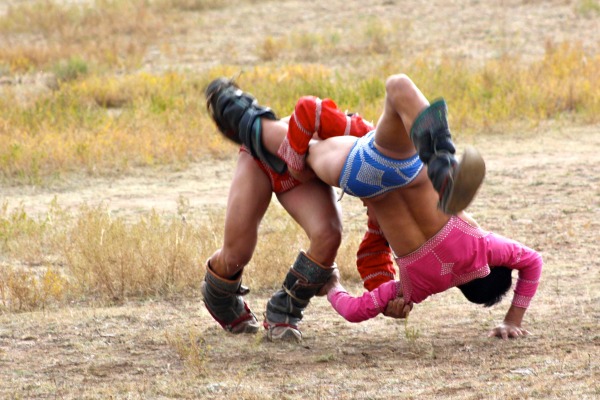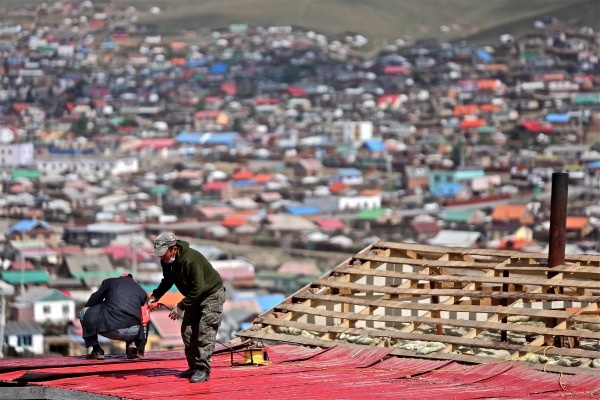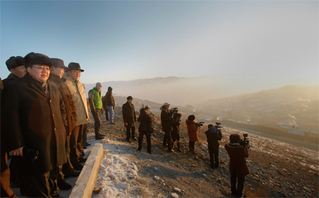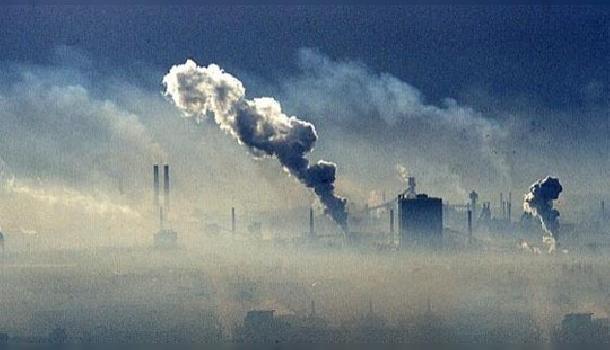Mongolia gears up for the fight of its mining life
November 11, 2013 On November 3 Mongolia's new, friendlier foreign investment law came into force.
On November 3 Mongolia's new, friendlier foreign investment law came into force.Probably not a day too soon.
The Asian nation of three million citizens, dependent on the mining sector to fuel growth, is desperate to turn around the slump in its economy and the steep fall-off in foreign investment.
Foreign direct investment in the country dropped 49% to September 2013 compared to last year which already marked a 17% year-on-year decline, the value of the currency, the tugrik, is down 20% this year, inflation has returned to double digits and the Mongolian central bank's off-balance sheet spending is burning through foreign reserves as foreign debts balloon to 55% of GDP.
The path to prosperity for Mongolia, ranked 155th in the world according to GDP per capita, has always been a rocky one. The country has been bailed out by the IMF no fewer than five times and it suffers a domestic bank failure on average every 18 months.
While the changes to the 2012 Strategic Entities Foreign Investment Law (SEFIL) including greater certainty surrounding mining taxes and royalties and the scrapping of the distinction between private foreign and domestic investors are being universally welcomed as a positive step, a number of issues remain unresolved.
Mongolia is currently being sued in international courts by South Africa's Standard Bank after a $120 million loan to a leading Mongolian banker and industrialist backed by the state-owned copper miner Erdenet went sour.

The debacle has prompted Standard Bank, 20%-owned by top Chinese bank ICBC, to exit the country entirely, selling its $350 million Mongolian portfolio to a French bank.
It marks something of a retreat for Standard Bank which in 2009 was the sole lead arranger for the country’s inaugural sovereign bond issue.
Canadian uranium explorer Khan Resources, is currently seeking $326 million in damages from the government of Mongolia due to the illegal expropriation of its permits with a trial by the International Arbitration Tribunal in Paris scheduled to start Monday.
Legal action is also likely to follow from the revocation at the end of October of 106 exploration licenses – covering a landmass approximately six times larger in surface area than active mining licenses in Mongolia – held by companies caught up in a corruption case relating to former senior government employees in the Mineral Resource Authority of Mongolia.
The mining sector accounts for more than 20% of GDP today, but has the potential to contribute a much greater proportion to the economy where 30% still live in poverty.
The Chairman of Oyu Tolgoi and Mongolia's Trade and Foreign Affairs Ambassador at Large Batsukh Galsan recently had this to stay about the prospects for mining inside the country:
I have seen excitement about Mongolia reach fever pitch and drop off a cliff multiple times.
"I have seen excitement about Mongolia reach fever pitch and drop off a cliff multiple times.
Examples include the passage of the 2006 minerals law, adoption and
repeal of the windfall profits tax, and recently of course the delay in
developing the underground mine at Oyu Tolgoi," he said.
"In spite of the ups and downs, the trend
has been a steady march forward as more and more investors discover the
long term prospects of the country and the potential rewards for
patience and commitment," he added.
Talks over Oyu Tolgoi's expansion and the reworking of the initial 2009 deal which first unleashed the Mongolian investment boom, have dragged on for the better part of a year. Both sides provided fresh faces for the Oyu Tolgoi board in September to break the impasse.
The disputes are centred on costs with Rio's management fees and the Mongolian government's share of funding proving particular sticking points.
Wrangling over Oyu Tolgoi has also snagged another Vancouver-based company besides Turquoise Hill. Mongolia in February suspended Entrée Gold (TSX:ETG)'s mining permits in an area adjacent to the project and the explorer may have to cede a portion of its property to the government as part of an overarching deal.
Time for an agreement – neither side have commented on the negotiations much beyond boilerplate statements of "progress" – is running out.
The deadline to finalize a World Bank-led $4.5 billion project finance package – the largest in the history of mining – is December
The deadline to finalize a World Bank-led $4.5 billion project finance package – the largest in the history of mining – is December.
Incentives to resolve the dispute are definitely not in short supply.
The mine, which shipped its first copper in July, is set to contribute as much as a third of the nation's economy if the underground expansion where 80% of the project's value lies were to go ahead.
A positive outcome on Oyu Tolgoi, where some 2,000 workers have been let go due to the delays, would do much to restore the confidence of investors, many of whom have burned fingers in the country before.
Independent Mongolian Metals & Mining Research, an Ulaanbaatar-based research company headed by Dale Choi, is a bit more pessimistic although a positive outcome on Oyu Tolgoi has the potential to be a strong catalyst:
"While
well-
overdue
legislative
change,
such
as
the
new
Investment
Law,
is
a
potential
positive
development,
without
flagship
transactions
and
resolution
of
key
security
of
tenure
uncertainties
we
do
not
believe
the
foundation
for
a
return
towards
private
sector
growth
will
be
provided."
Mongolian coal exports to China, which buys 9 out of every 10 tonnes, have plummeted to $542 million compared to $1 billion worth during the first half of 2012, as the the land-locked country is muscled out by Australian exports.
exports channeled through state-owned Erdenes Tavan Tolgoi are sold for $40 a tonne compared to a ruling price for high-quality metallurgical coal of $120 – $150 a tonne.On top of plummeting volumes, exports channeled through state-owned Erdenes Tavan Tolgoi are sold for $40 a tonne compared to a ruling price for high-quality metallurgical coal of $120 – $150 a tonne.
The price is the result of an off-take agreement with Aluminum Corporation of China (Chalco) that sees Mongolia repay $350 million of debt in coal exports by the end of the year, something that authorities now say it will not be able to honour.
Talks with international miners on developing the western block of the Tavan Tolgoi deposit in the South Gobi desert, the world’s largest deposit of high-quality coking coal, is ongoing, but the project's history does not bode well.
Erdenes TT controls the main block of the 6.4 billion tonnes deposit that has been mined since the 1960s, but the Tsankhi section which is being offered to foreigners on its own holds some 1.2 billion tonnes.
Mongolia struck a deal with US giant Peabody Energy, China's Shenhua and a Russian-Mongolian consortium in July 2011, only to cancel the whole process two months later.
The much-vaunted multi-billion dollar IPO of Tavan Tolgoi in Hong Kong and London, first mooted more than five years ago, also remains on ice.

Following its so-called Article IV mission to Mongolia the IMF issued a stern warning about Mongolia's prospects given the country's deteriorating macro-economic picture, reduced investment from developed economies and the economic slowdown in China:
"Spillover risks will particularly affect the more vulnerable emerging market economies. In light of this, Mongolia needs to change course to avoid becoming highly exposed to these external shocks and risks of crisis.”

Image of traditional Mongolian wrestlers by Kyle Thomas | Construction workers in Ulan Bator by Al-Jazeera








....... ? ...... ! ......... . , .......
No comments:
Post a Comment